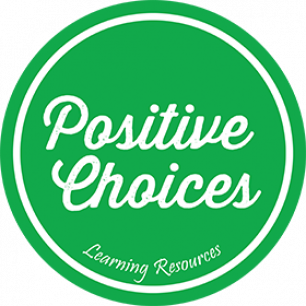A one stop portal for drug prevention resources and information developed at the National Drug and Alcohol Research Centre, UNSW in collaboration with the National Drug Research Institute at Curtin University is now available nationwide for teachers, students and parents following its launch by the Australian Government yesterday.
Positive Choices (www.positivechoices.org.au) provides a central access point for evidence-based information and prevention resources about alcohol, cannabis, psychostimulants, crystal methamphetamine and ecstasy. The portal allows users to search by drug type, by resource type, such as fact sheets, games or videos, and by age appropriateness. The resources can be used to develop lesson plans which align with the Australian Curriculum.
Resources available on the portal include CLIMATE Schools, which has been extensively evaluated by NDARC researchers. The CLIMATE Schools lessons are centred on a cartoon based story about a group of teenagers. Compared to drug education as usual, students who received the CLIMATE program were less likely to drink alcohol or use cannabis, reported lower intentions to use methamphetamine and ecstasy in the future, and reduced truancy and psychological distress. Dr Nicola Newton, Director of Prevention Research at the Centre of Research Excellence in Mental Health and Substance Use (CREMS) at NDARC, said “We know prevention of this type works. Our studies have shown that students who receive the CLIMATE Schools program are 40% less likely to be drinking or binge-drinking two years later.”
The portal was developed in consultation with an expert advisory group and end-users – teachers, parents and students. Feedback from these participants who were involved in a pre-launch trial of Positive Choices has been extremely encouraging said Dr Lexine Stapinski, a CREMS Research Fellow at NDARC who led the development of the portal.
“The Positive Choices portal will help schools and teachers implement drug prevention programs that are proven to work,” said CREMS Director Professor Maree Teesson.
The Positive Choices project was recognised by the Australian Rotary Health Knowledge Dissemination Award in December 2014.
To view the portal visit: www.positivechoices.org.au


